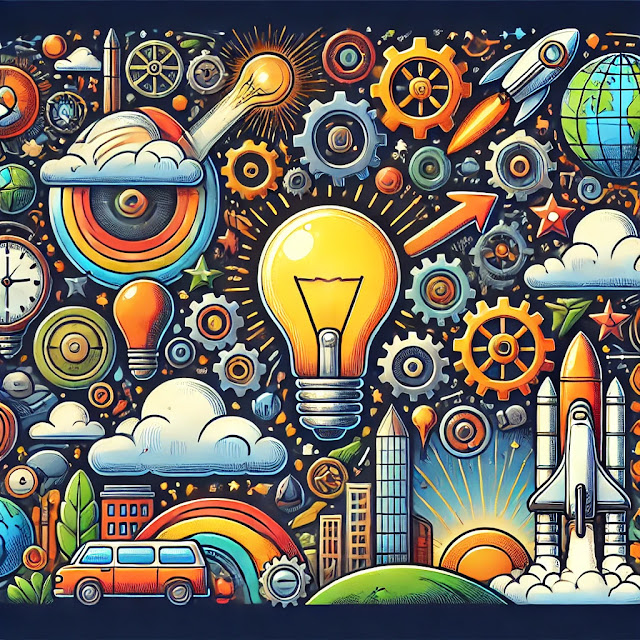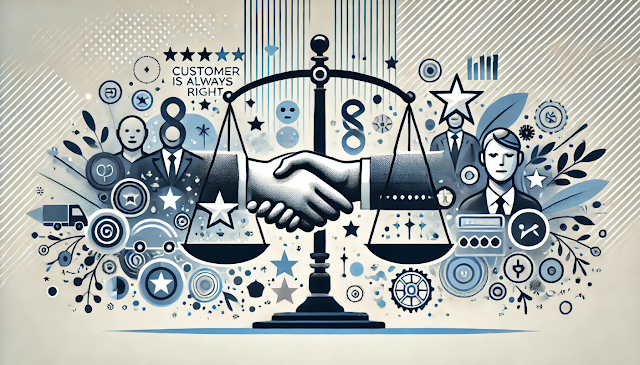From Salt of the Earth to Salting the Earth: When Christianity Goes Too Far
Jesus once called his followers “the salt of the earth” (Matthew 5:13). It’s a beautiful metaphor—salt preserves, enhances, and sustains life. A little salt brings out the richness of a meal. Without it, food is bland, lifeless, and prone to spoil.

A visual reflection on faith, balance, and excess.
Jesus once called his followers “the salt of the earth” (Matthew 5:13). It’s a beautiful metaphor—salt preserves, enhances, and sustains life. A little salt brings out the richness of a meal. Without it, food is bland, lifeless, and prone to spoil.

“You are the salt of the earth.” — Matthew 5:13
But salt only works in balance. Too little and it does nothing. Too much and it ruins the dish. Faith is the same. Christianity at its best preserves what is just, inspires compassion, and brings depth to life. But when overused—when wielded harshly or imposed on others—it can overwhelm, smother, and even harm.
Sometimes the problem isn’t just too much salt—it’s salting someone else’s plate. When religion becomes a tool for controlling others, it stops being a gift and becomes coercion. What was meant to season life becomes a chokehold, a way of silencing difference and narrowing the world to a single taste.
We see this play out in public life. Religious rhetoric is often used to justify policies that restrict reproductive rights, deny healthcare to transgender individuals, or exclude LGBTQ+ people from public services. These actions are framed as expressions of faith—but they often function as instruments of exclusion. When belief is used to deny others their dignity, it ceases to be salt—it becomes poison.
This isn’t just a political issue—it’s a spiritual one. The right to religious freedom is meant to protect personal conscience, not to override the rights of others. When faith becomes a weapon, it risks salting the earth: leaving behind spiritual wastelands where people might have grown, thrived, or simply lived freely.

The Great Salt Lake: majestic, shimmering, and too salty to sustain most life.
Nature offers its own warnings. Ancient conquerors “salted the earth” of defeated cities to prevent anything from growing. Today, soil salinity kills crops. Too much salt chokes out life.

Historic depiction of “salting the earth” after conquest—symbolizing total destruction.
Religion can do the same. When wielded with care, it nourishes and preserves. When wielded without restraint, it scorches the landscape of society. Extremism, zealotry, moral authoritarianism—these are oversalting at its worst.

Salt flats: a barren landscape where nothing grows—faith without balance can do the same.
So perhaps the real challenge is this: to be “salt of the earth” without being bitter. To enrich without overwhelming. To preserve what matters without sterilizing life itself. To season our own plates well—and resist the temptation to dump our shaker onto someone else’s.
The world doesn’t need more brine. It needs measured seasoning. Enough to awaken appetite, not choke it. Enough to sustain life, not suffocate it. Christianity has the power to do extraordinary good—but only if we stop salting the earth.
Reflect
- What does it mean to you to be “salt of the earth” in today’s world?
- Have you ever seen faith used to enrich life—or to control it?
- How can we practice our beliefs without imposing them on others?
- Where do you see the line between conviction and coercion?





